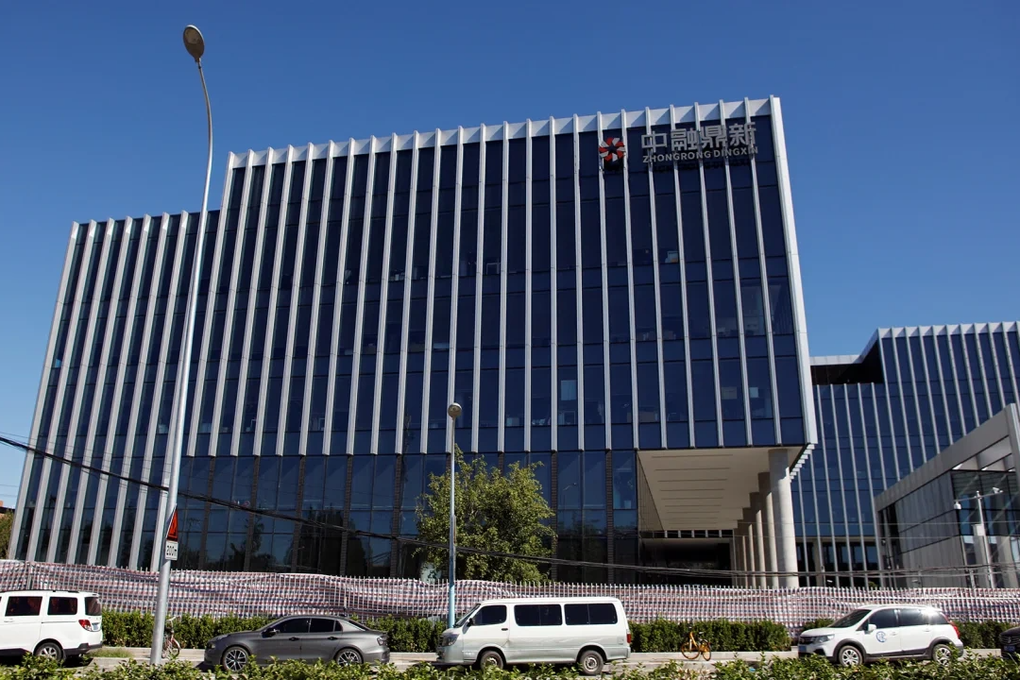
Zhongrong International Trust Company headquarters in Beijing (Photo: Reuters).
According to Reuters , Zhongzhi Enterprise Group (ZEG), a large asset management company in China and heavily involved in the real estate sector, informed investors on November 22 that it had "severe liquidity loss".
In a letter to investors, ZEG said the company is carrying debts of up to 460 billion yuan ($65 billion), while its current assets are only 200 billion yuan.
"Because the group's assets are concentrated in debt and equity investments and have long maturities, recovery is difficult, the expected recoverable amount is low, liquidity is depleted and assets are seriously impaired," ZEG explained.
ZEG is one of China's largest private conglomerates with interests in financial services, mining and electric vehicles. Financial concerns first surfaced in August when Zhongrong International Trust, a trust in which ZEG is a part owner, said it had failed to pay corporate investors.
As of the end of 2022, Zhongrong International Trust managed assets of up to $87 billion for corporate and wealthy individual clients. Zhongrong International Trust was once one of thousands of asset management companies that brought relatively high returns to investors.
Analysts estimate that China’s trust fund, or shadow banking, industry is worth about $2.9 trillion, larger than the size of France’s economy . Shadow banks typically provide financing through off-balance sheet operations or through non-bank financial institutions, such as trust companies.
Unlike the banking system, shadow banking financial institutions can lend money more easily, but those loans are not secured like traditional bank loans. This leads to the risk of system collapse when there is a sudden demand for payment on a large scale.
Investors in these wealth management products in China are mainly middle- and upper-class, experts say, and any defaults or even concerns about delayed payments could undermine consumer confidence.
In recent years, the Chinese government has sought to curb the rapid growth of such non-bank debt.
In particular, the shadow banking sector has come under the spotlight amid concerns about the future of the world's second-largest economy amid the property crisis.
According to data from Nomura bank, as of the end of March this year, about 7.4% of the total value of trust funds in China were real estate loans, equivalent to about 1.13 trillion yuan (more than 159 billion USD).
Nomura believes that the actual debt of real estate enterprises borrowed from trust funds could be three times larger than this figure, reaching 3.8 trillion yuan by the end of June.
Source



![[Photo] Students of Binh Minh Primary School enjoy the full moon festival, receiving the joys of childhood](https://vphoto.vietnam.vn/thumb/1200x675/vietnam/resource/IMAGE/2025/10/3/8cf8abef22fe4471be400a818912cb85)
![[Photo] Prime Minister Pham Minh Chinh chairs meeting to deploy overcoming consequences of storm No. 10](https://vphoto.vietnam.vn/thumb/1200x675/vietnam/resource/IMAGE/2025/10/3/544f420dcc844463898fcbef46247d16)



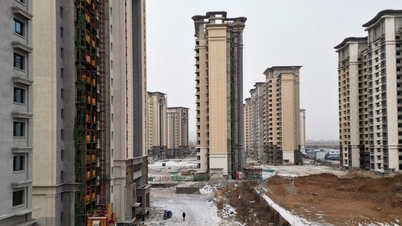





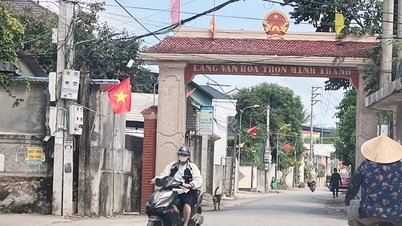








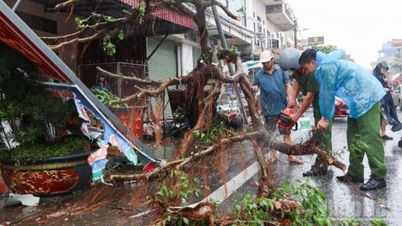































































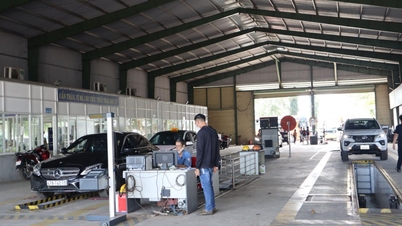
















Comment (0)